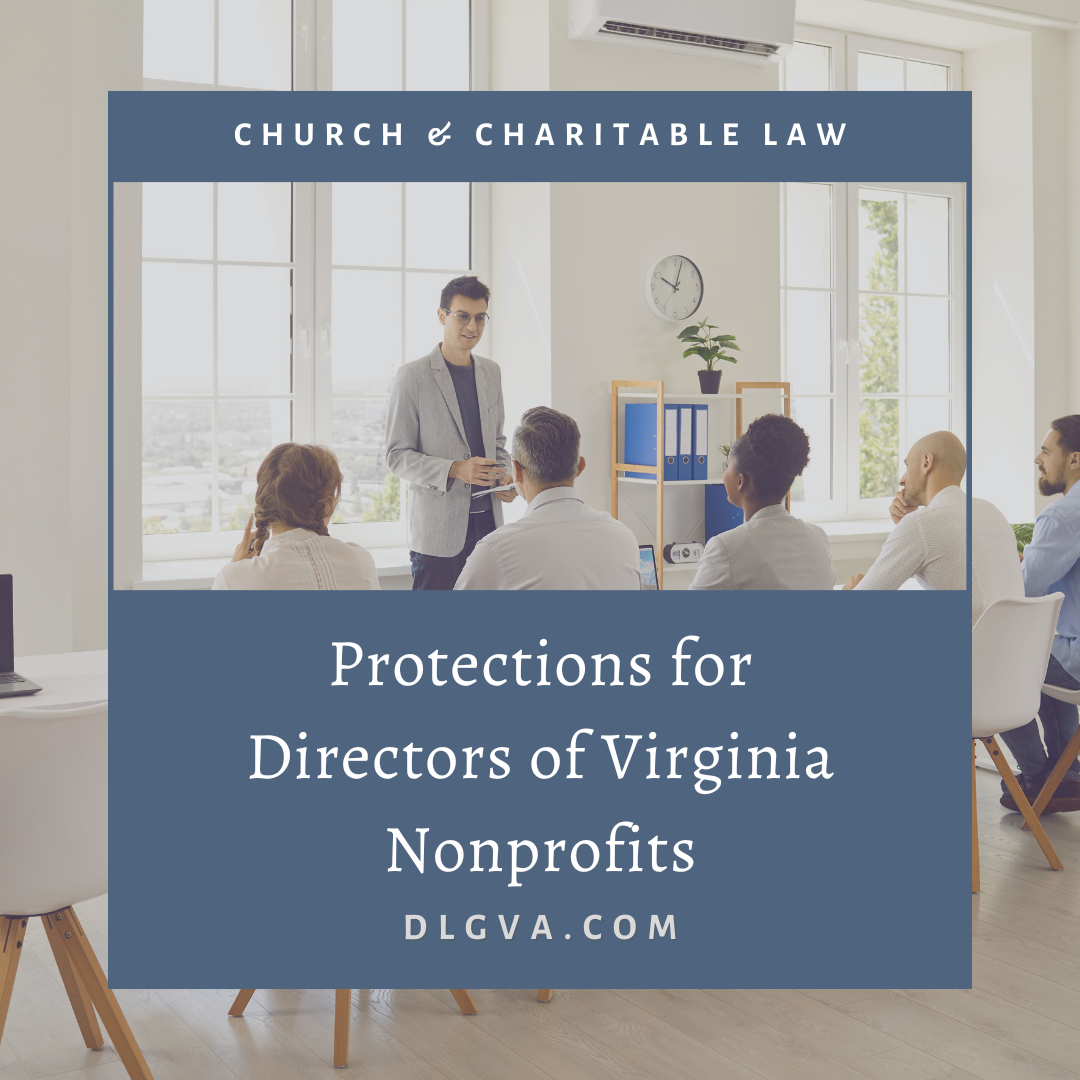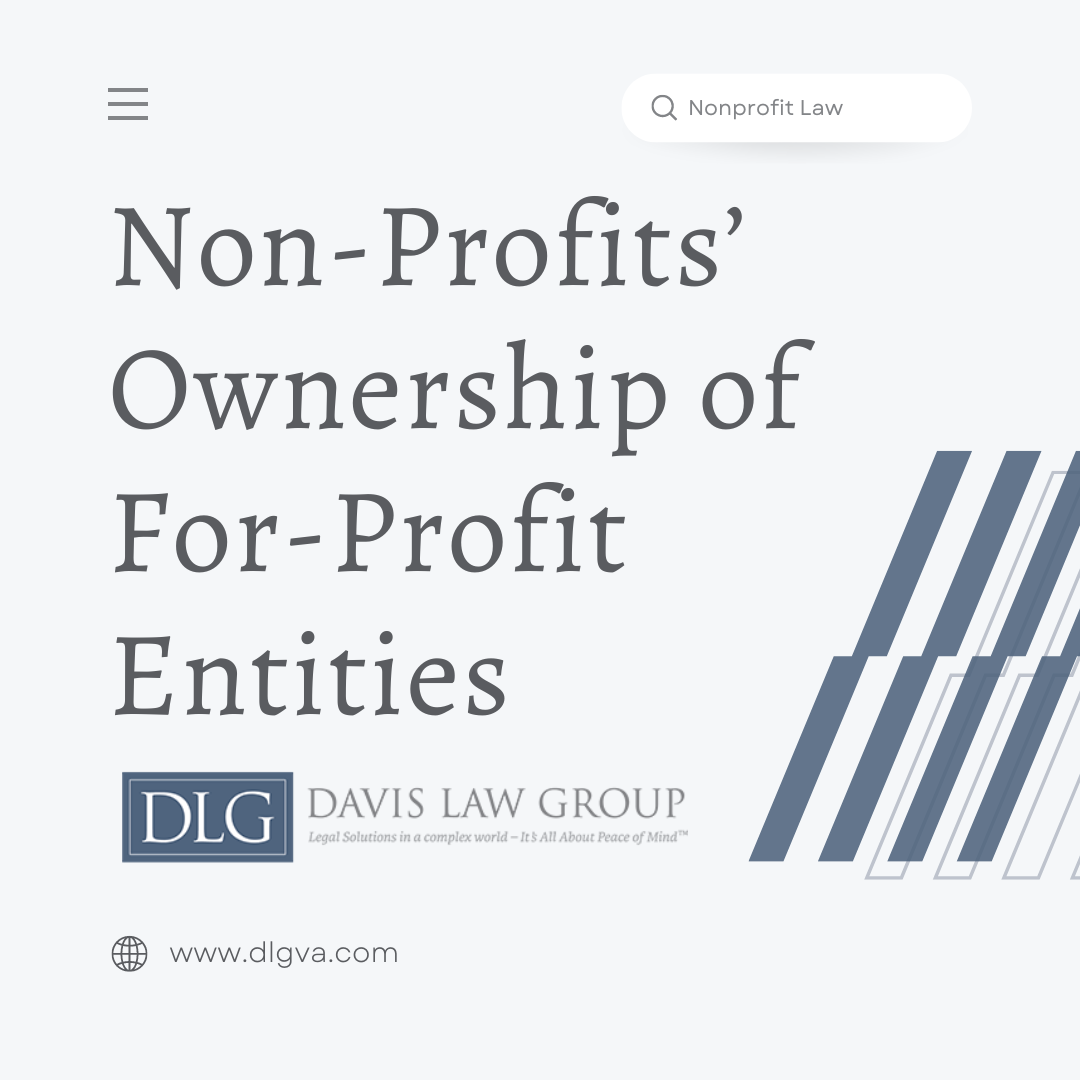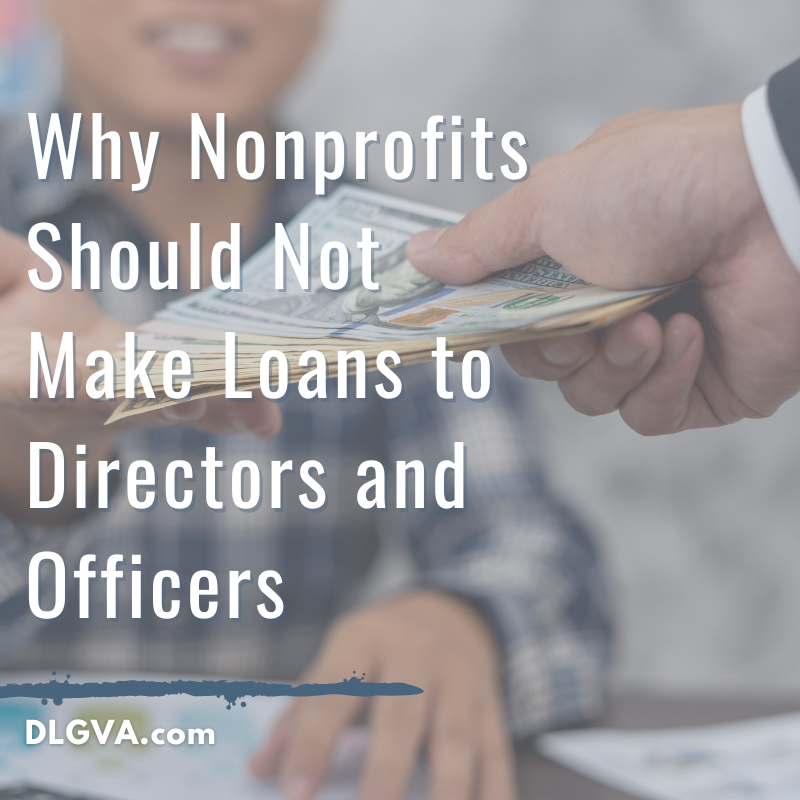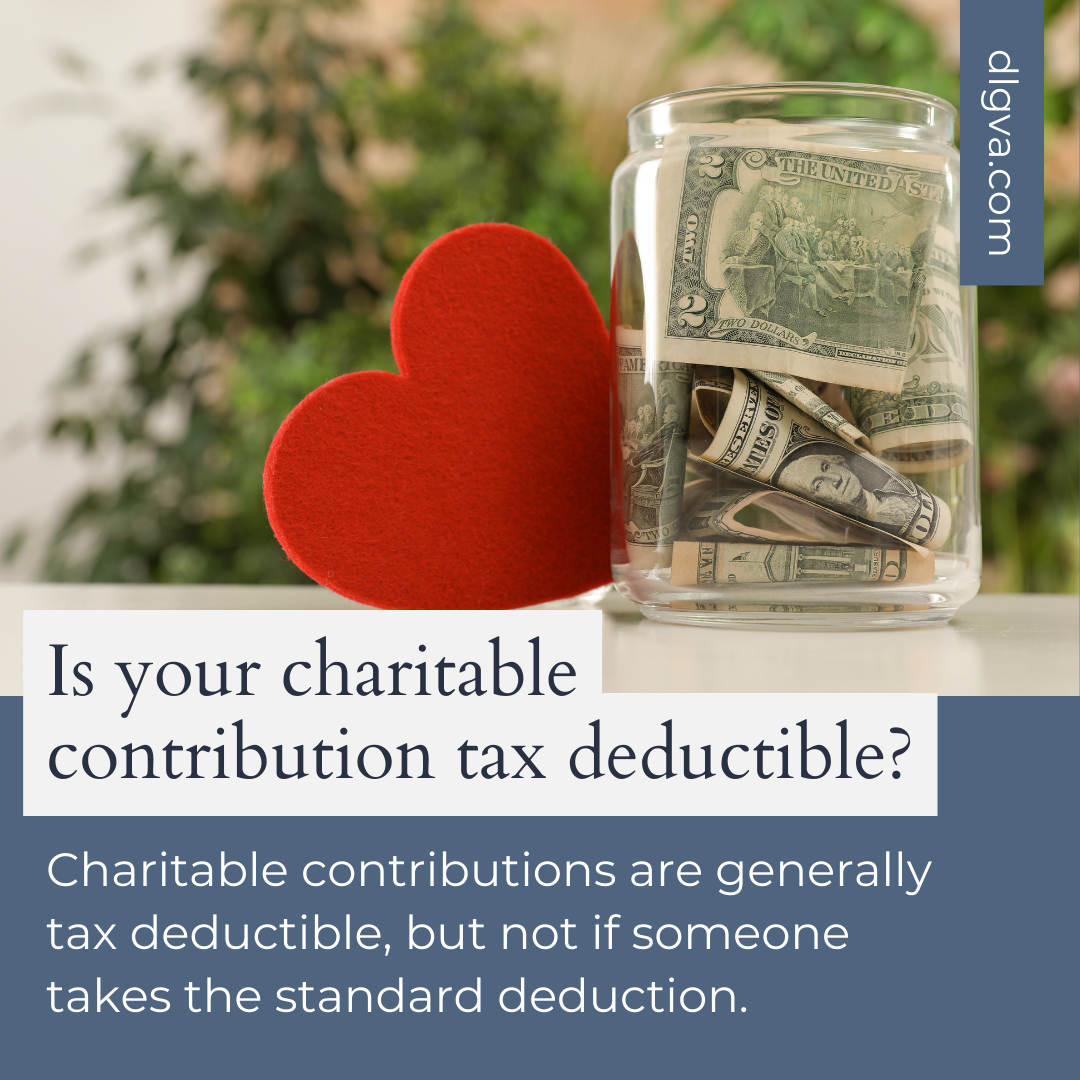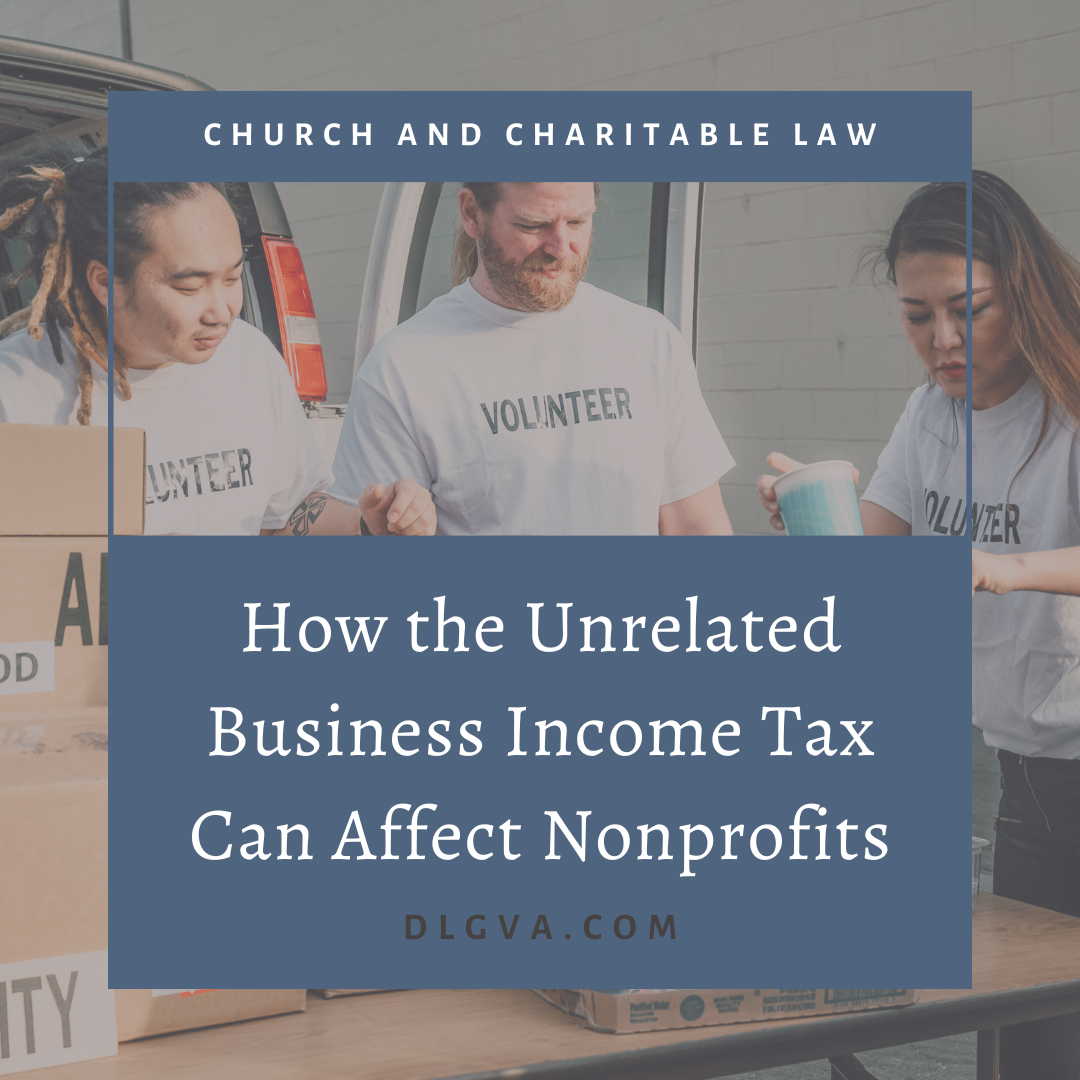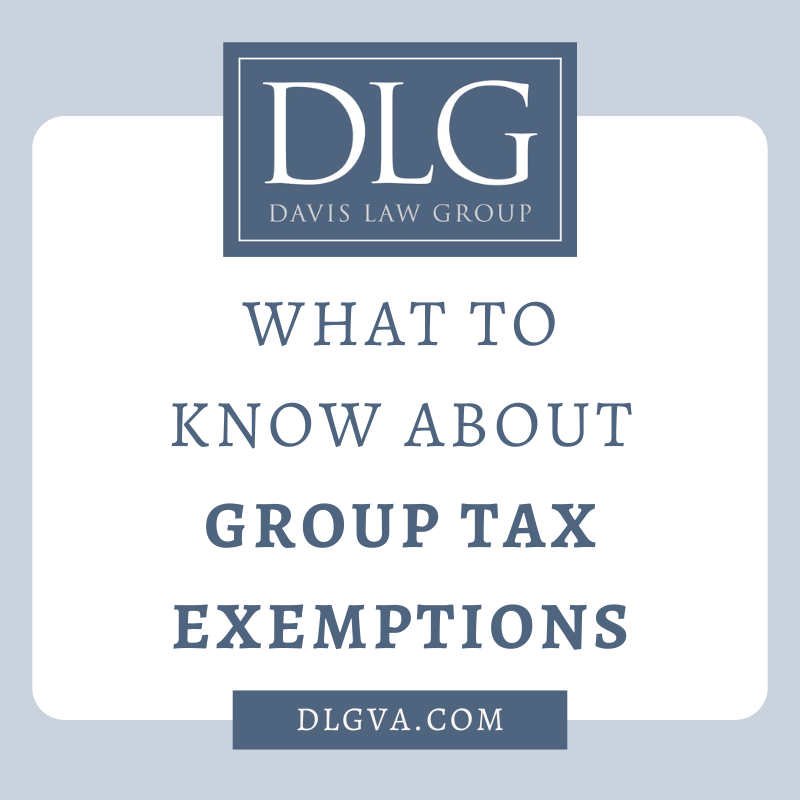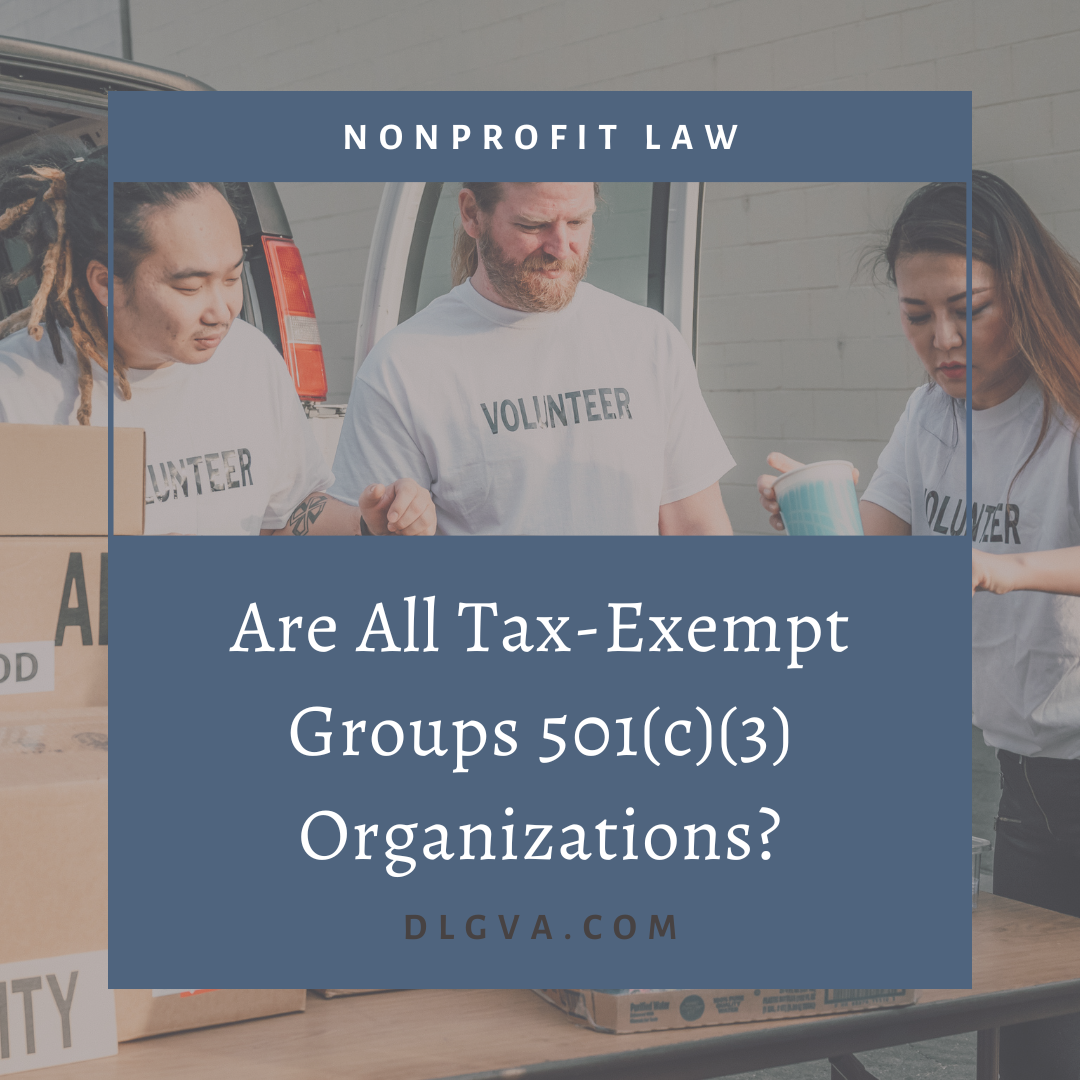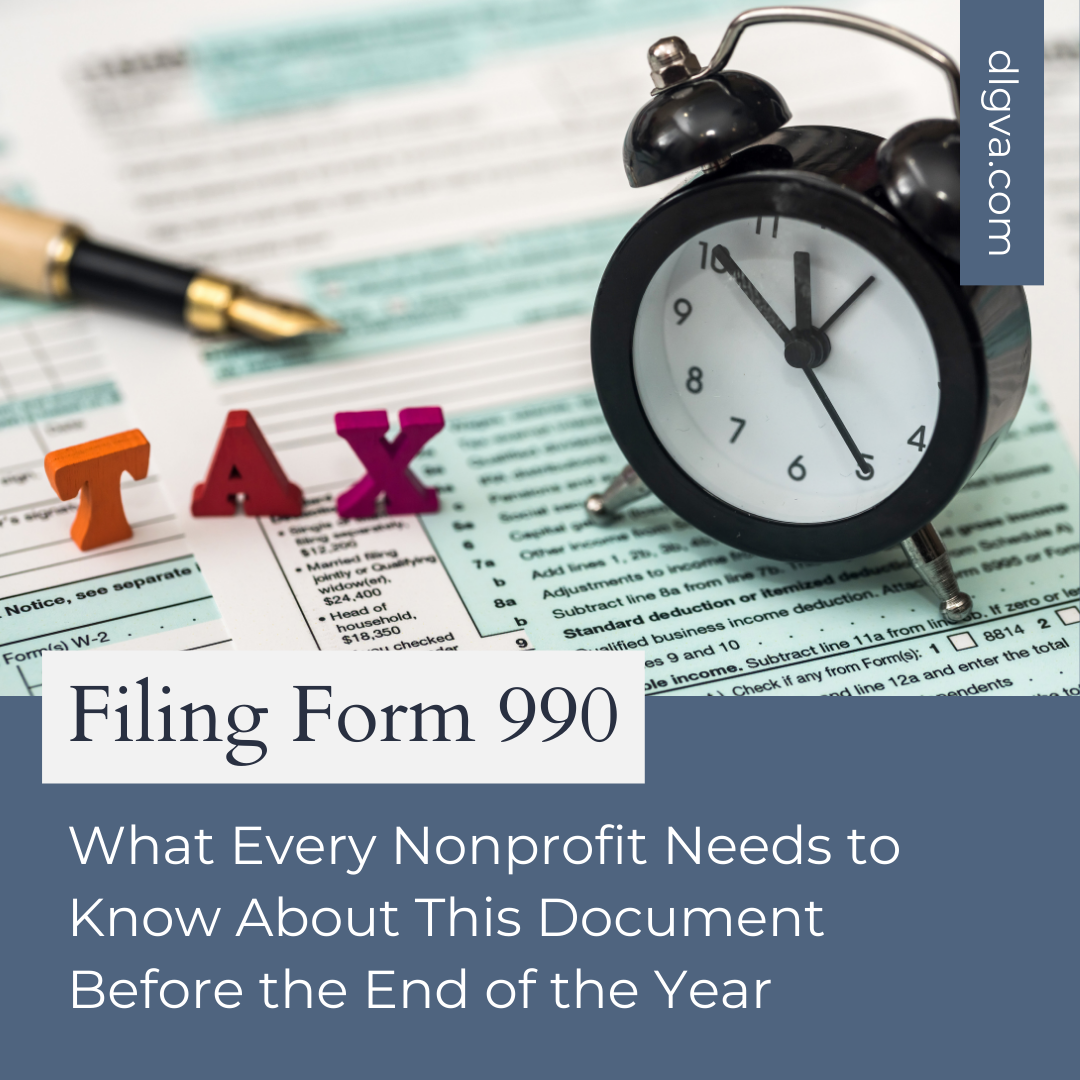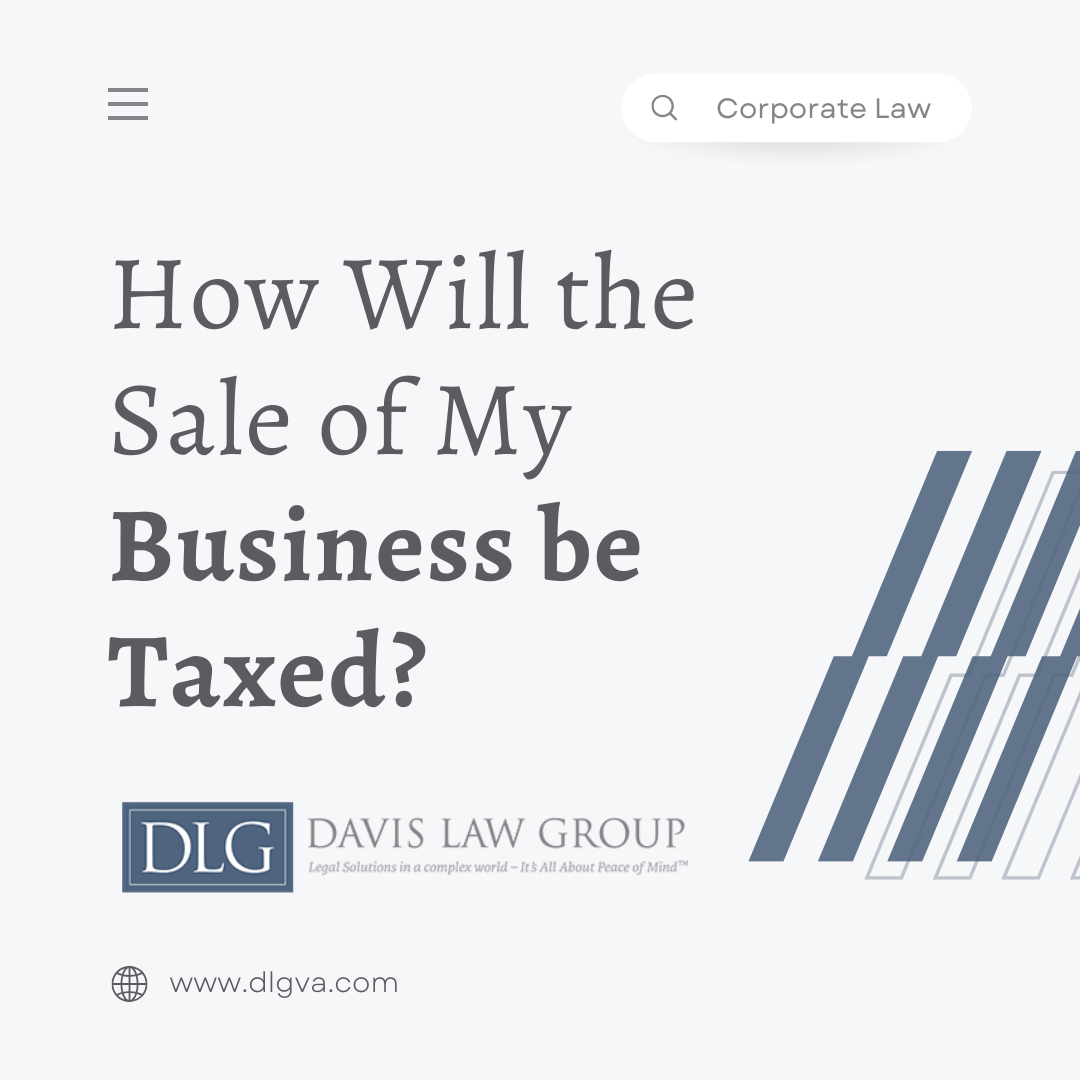Occasionally, individuals may hesitate to serve on the board of a nonprofit because they are afraid that they may incur liability based on decisions they make as directors. However, Virginia promotes nonprofit board
Church and Charitable Law
- You're Here
- Home Category: Church and Charitable Law
While it may seem contradictory, a non-profit can own all of the ownership interest in a for-profit entity, whether such entity is a corporation or limited liability company. Why Create a For-Profit Subsidiary?
In 2022, a federal district court in Maryland held that tax exemption qualified as federal financial assistance to subject a private religious school to Title IX requirements. Because some small private schools avoid
Nonprofits generally should avoid making loans to officers and directors even though Virginia does not prohibit such loans. In fact, under Va. Code § 13.1-826(9), nonstock corporations explicitly have the power to lend
The IRS defines a charitable contribution as a “donation or gift to, or for the use of, a qualified organization.” A charitable contribution must be made voluntarily without an expectation of receiving anything
Tax-exempt 501(c)(3) organizations must operate primarily to achieve religious, charitable, scientific, or educational purposes and may not carry on more than an insubstantial amount of commercial activity unrelated to its charitable purposes. Nonetheless,
The IRS offers group exemptions whereby a central organization’s federal tax exemption will apply to its subordinates and obviate any need of the subordinates to separately apply for exemption. Rather than each organization
There are two main protections afforded to religious employers: the ministerial exception and Title VII’s coreligionist exception. These protections extend only to certain employment decisions and do not insulate religious institutions from other
People often equate federal tax-exemption with 501(c)(3) organizations. 501(c)(3) organizations are just one of many types of organizations that are eligible for tax-exemption. There are 29 tax-exempt groups mentioned in § 501(c) of
Groups exempt from federal income taxation under § 501(a) must file Form 990 to report on their finances, activities, and governance. The IRS uses Form 990 to gauge whether tax-exempt organizations are adequately
- 1
- 2
Our Practice Areas Include:
Blog Categories
Address
© Davis Law Group | Privacy Policy | Disclaimer | Website creation & maintenance by Bull & Company MediaWorks



